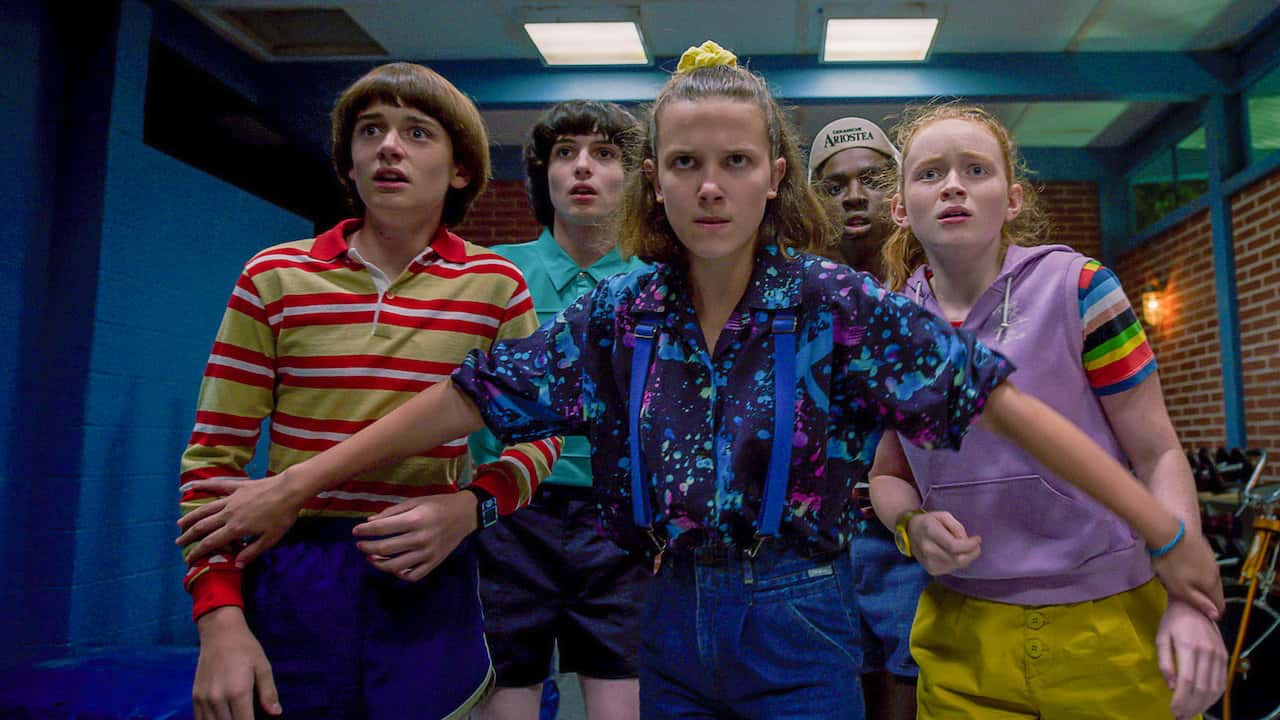Over the past decade, streaming services have reigned supreme as the main source of entertainment in family households. It all started when Netflix introduced its online subscription service in 2007—though it was not the first company to do so, it was undeniably the key initiator of the shift from physical home rentals to digital viewership. Today, Netflix remains to be the king of streaming services, but its contemporaries are quickly catching up, and they've all got their eye on the throne.
According to Parrot Analytics, many viewers starting to give Netflix's competitors a shot, particularly Disney Plus, which came out in the fall of 2019. The data revealed that Netflix's worldwide demand interest (which is a measure of the popularity of its shows and consequently, how many new subscribers it can attract with them) fell below 50 percent for the first time ever this year. Such percentage is concerning despite the fact that the company still managed to gain 1.5 new subscribers in the second quarter.
Even more, its projection for the third quarter is still much lower than what investors are expecting (3.5 million subscribers vs. 5.5 million subscribers, respectively), and such losses are affecting its market performance. Last week, Netflix shares dropped by almost 4 percent due to these subscriber misses, putting the company in a bit of a slump.
Parrot attributes the losses to the company's "lack of new hit original programming and the increased competition from other streamers." Unfortunately, Netflix has just been unable to keep up the momentum that Disney Plus is currently generating with its Marvel and Star Wars franchises. It has also delayed the return of its biggest titles to date such as Stranger Things due to the ongoing pandemic, causing many of its faithful viewers to slowly lose interest. "COVID-related production delays in 2020 have led to a lighter first-half-of-2021 slate," Netflix told shareholders in a press release.
Of course, it doesn't help matters that other players in the media industry have been continuously seeking ways to expand their content libraries through mergers. Just this May, Discovery announced its plans to purchase WarnerMedia from AT&T, which would make it the second-largest media giant ahead of Netflix and just behind Disney. Around the same time, Amazon announced its acquisition of Metro-Goldwyn-Mayer (MGM) for $8.45, giving hit franchises like James Bond and G.I. Joe a new home.
But Netflix doesn't seem to be phased by these consolidations. Reed Hastings, the company's co-chief executive, said that none of the mergers seemed "significant" enough to be on par with the Disney-Fox merger: "Certainly Disney buying Fox helps Disney become more of a general entertainment service rather than just [for] kids and family. Time Warner-Discovery — if that goes through — that helps some, but it’s not as significant, I would say, as Disney-Fox."
For now, Netflix is focusing its efforts on expanding into the video game industry. The company has already hired Mike Verdu, the former executive of Electronic Arts, to spearhead the development of its gaming sector as a "new content category." According to reports, the initiative will be a "multiyear effort" that would be included with existing subscriptions at no additional costs. The games would appear on the mobile app, with opportunities to expand beyond that.
"Think of it as making the core service better," said Hastings. "Really, we’re a one-product company with a bunch of supporting elements."








